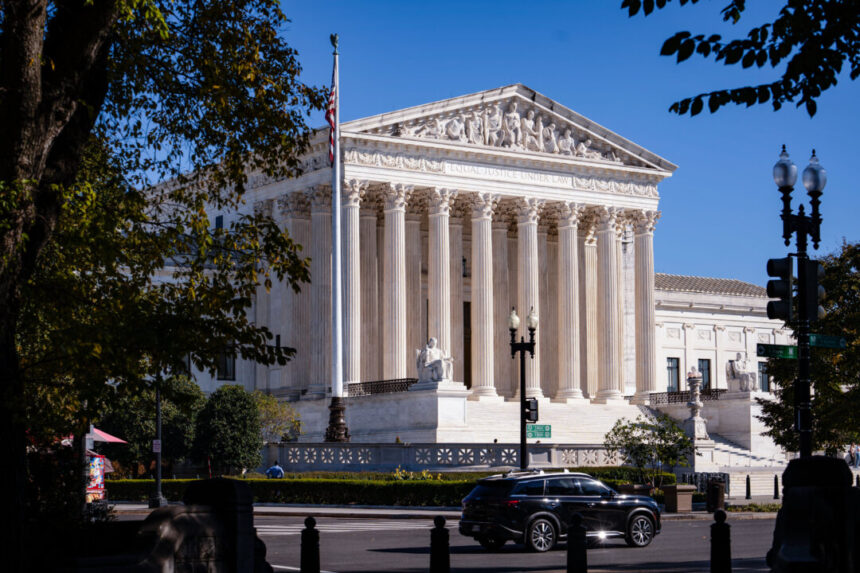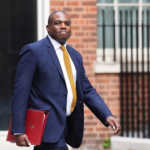The Purcell principle, as established by the Supreme Court, generally advises against making changes to election procedures close to voting day. Court battles have arisen in the lead-up to Election Day over various policies related to ballots, election integrity, and vote-processing procedures. These cases typically involve determining whether the policies comply with state or federal law, with a key issue being whether judges should intervene to uphold or strike down policies so close to the election date.
Attorneys in states like Georgia, Virginia, Pennsylvania, and Mississippi have referenced the Purcell principle in their discussions, which warns against last-minute alterations to election procedures. The specifics of when and how this principle applies have been a topic of contention. In the 2006 case of Purcell v. Gonzalez, the Supreme Court vacated an appeals court decision regarding Arizona’s voter identification law, emphasizing the importance of considering the timing of the election.
The Purcell principle has been a point of debate in recent cases, such as those in Pennsylvania where both sides have invoked it to support their positions in voting-related lawsuits. The application of Purcell in these cases has been contentious, with arguments made for and against its influence on the outcomes. In some instances, like the one in Pennsylvania where Republicans sought to halt a state court decision on provisional ballots, the Supreme Court rejected the application for relief without explicitly addressing the Purcell arguments.
Overall, the Purcell principle is intended to prevent last-minute changes to election mechanics and procedures to avoid confusion among voters. It has been a crucial consideration in various legal battles leading up to the elections, highlighting the complex interplay between legal principles and the timing of electoral processes. She further stated that enforcing violations that occur during the Quiet Period Provision is in line with the Purcell principle, which aims to maintain the status quo before the election.
On October 31, the Supreme Court granted Virginia’s request for emergency relief to continue its program. The Justices did not provide an explanation on how they considered the Purcell principle and Virginia’s arguments regarding the law.
It is uncertain if the Supreme Court will offer further clarification on the matter. Adams believes that the court is unlikely to provide additional clarification or set a specific timeline. He also doubts that the court will review how courts applied Purcell before the election after election day. Adams suspects that the court’s decision on Virginia’s law was based on the Purcell principle.
Three Justices—Sonia Sotomayor, Ketanji Brown Jackson, and Elena Kagan—would have rejected Virginia’s request, according to the court’s order.
In May, Jackson dissented from the court’s decision to grant Louisiana’s request for a stay on a lower court ruling regarding its redistricting map. The lower court had requested Louisiana to submit a remedial map. Proceedings over the map extended the case until June 4. Louisiana argued that its secretary of state needed a map by May 15.
Although the unsigned order cited Purcell, it provided little explanation. Jackson stated that, in her opinion, “Purcell has no role to play here.”
She also referenced Kagan’s dissent in Merrill v. Milligan, a 2022 case that arose in the challenge to Virginia’s voter roll program.
Both Virginia and Prelogar tried to use Justice Brett Kavanaugh’s concurrence, where he acknowledged that the full details of the Purcell principle had not been outlined yet.
He outlined four factors that could influence whether courts should halt state election changes, including the timing of the lawsuit brought by the plaintiff. Virginia argued that the plaintiffs waited too long to file their lawsuit, but Giles disagreed.
She also indicated that Kavanaugh’s concurrence did not bind her court, suggesting that a majority opinion was necessary to address any remaining questions about Purcell.
Source link





